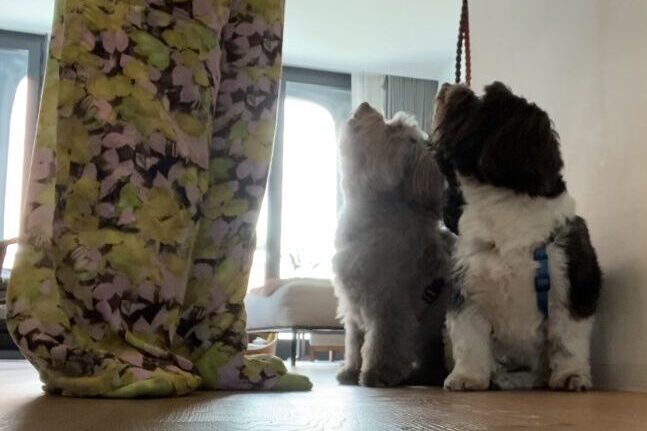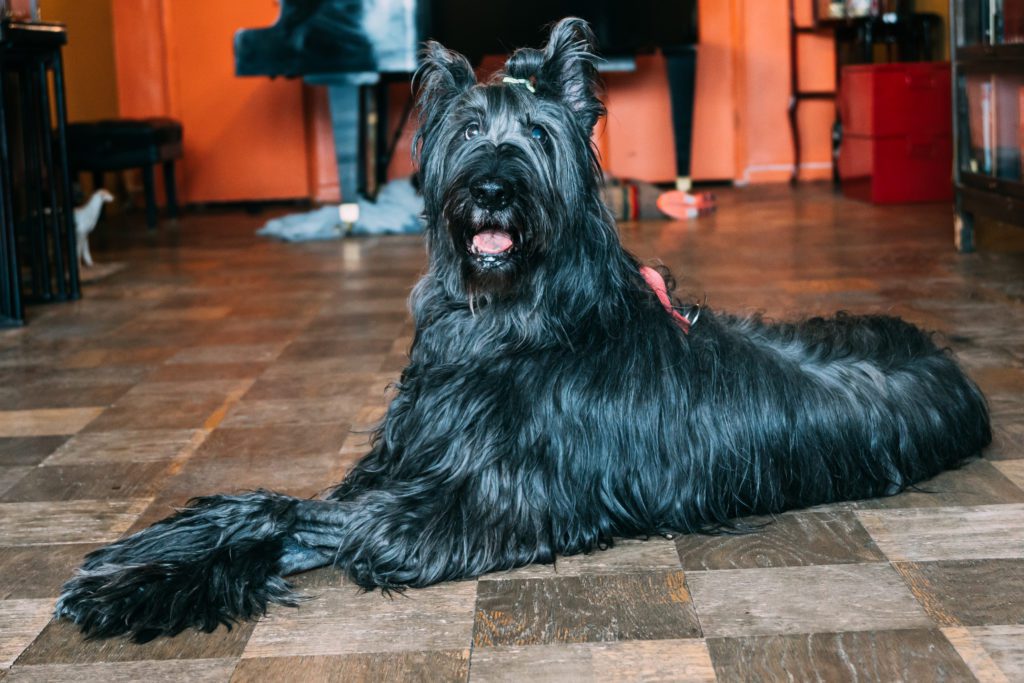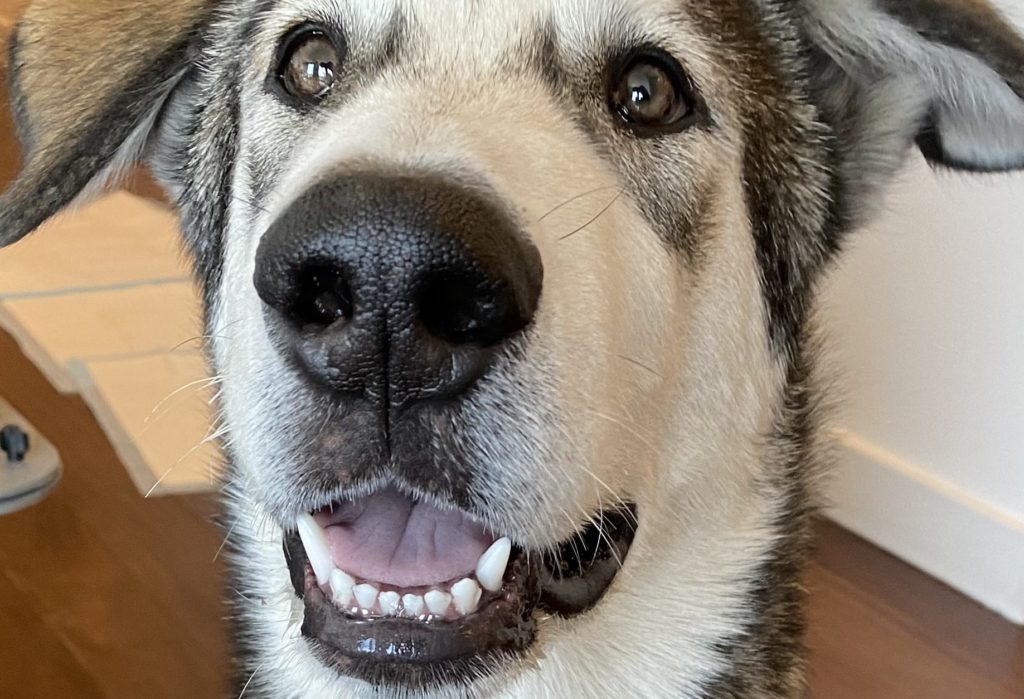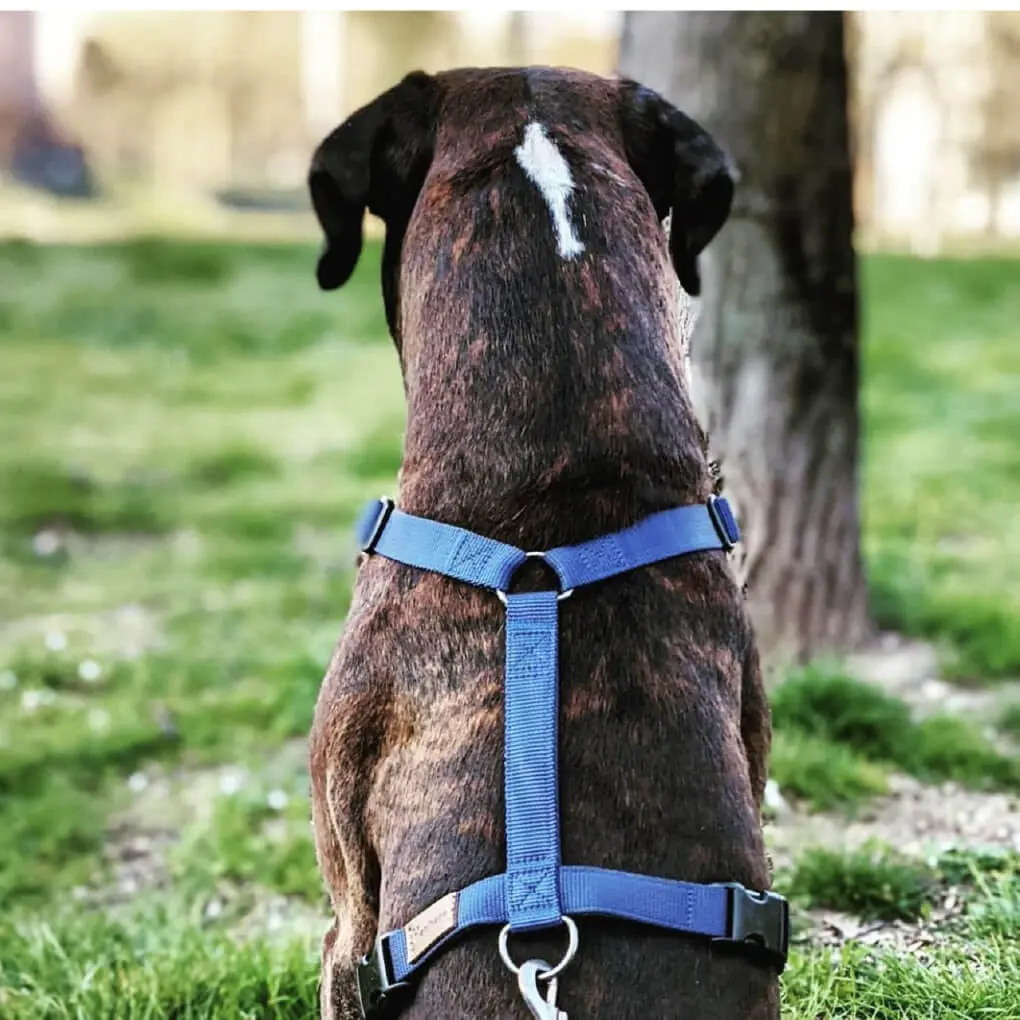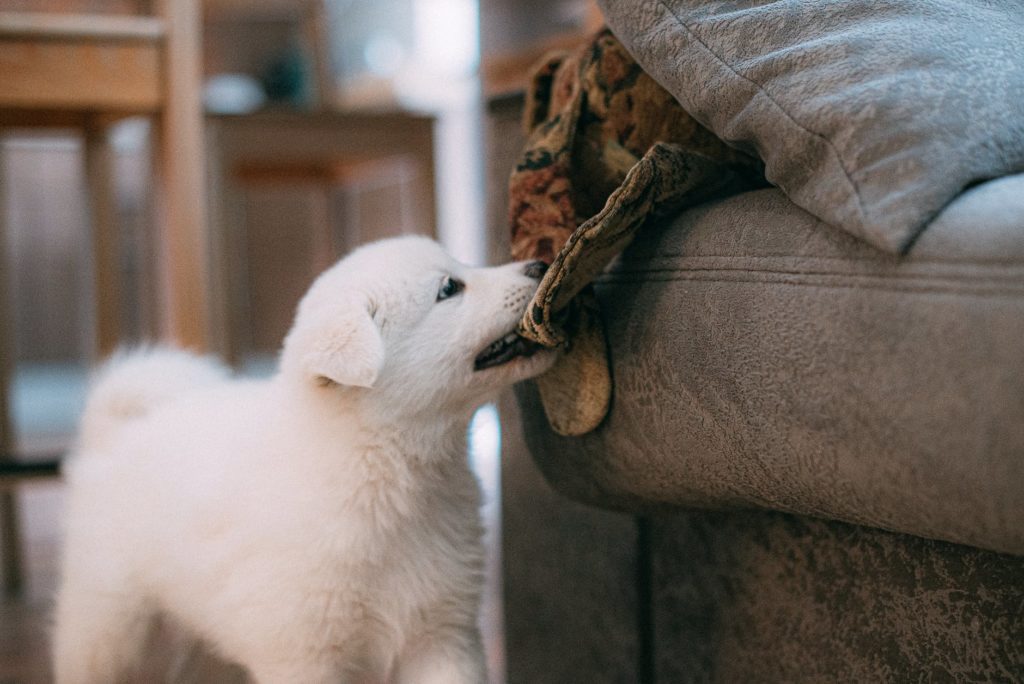Here’s an example: Say I’ve been working with a young dog for six months on sitting when asked. We’ve proofed the behavior in a million contexts, and Fido has gotten 10 gazillion pieces of chicken and 5 gazillion other times he’s got to run and play with another dog when he did as asked. Now we’re at home, there’s little going on, but Fido didn’t sit when I gave the cue. I’m as sure as one can be without speaking ‘dog” that there’s nothing physically bothering him, he just seems more interested in ignoring me and going somewhere else to sniff. I’ll take a piece of said chicken, let him sniff it and then withdraw it, saying, melodramatically, “Too bad…. ” and possibly, depending on the state of the chicken and my stomach, “Mmmm, this sure is good! Too bad you don’t get any.”
The paragraph above is from this article:
http://www.patriciamcconnell.com/theotherendoftheleash/tag/positive-vs-negative-dog-training
In contrast to McConnell I would not do that.
I would rather blame myself for having asked the dog to do something it was not ready to do or simply accepting the fact that the “sit” behavior has not yet been completely learned. In dog training there is no room for: “by now she should really know the ‘sit’ already” thought.
At first it seems a bit counter intuitive. But in my mind, if I am to use my sense of logic and follow it through with consistency then I have to follow the mantra: Reinforced behaviors repeat in the future.
I believe that giving the dog attention and teasing the dog with the piece of chicken would actually reinforce the dog’s latent behavior by rewarding it with attention ( in this case the game of pretending the chicken is now mine) , or accidentally chaining that behavior to the sit behavior ( making the sit behavior contingent on a game of tease and THEN the dog sits).
Here is how I would go about this:
I will ask the dog to do something else and ignore the dog’s inability to follow the original “sit” cue. When I have the dog’s attention back again I will ask the dog to “sit” again. When the dog sits I will JACKPOT the dog for sitting. In other words I will remind the dog how valuable the “SIT” behavior is.
I have had terrific results with this method.



